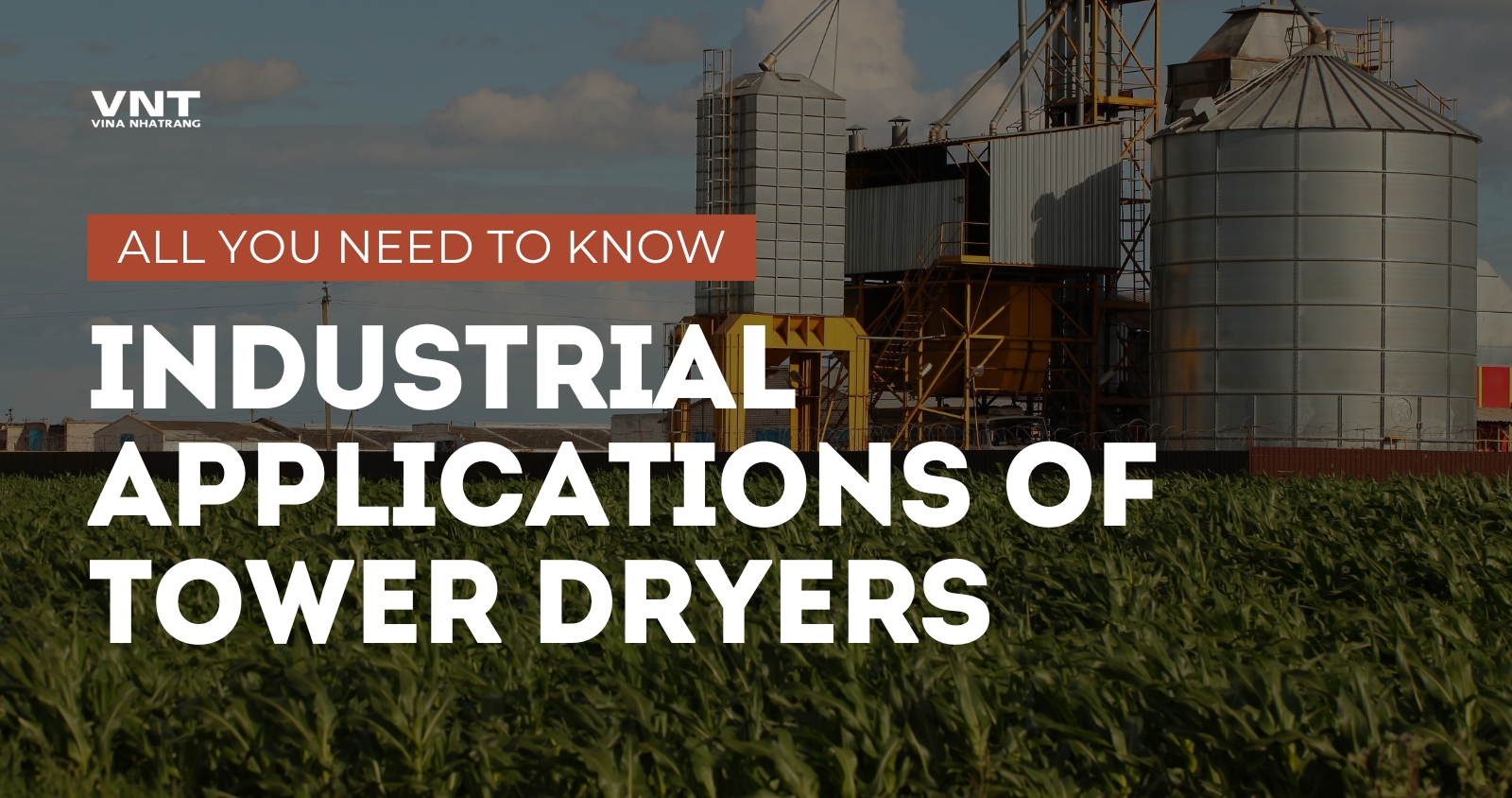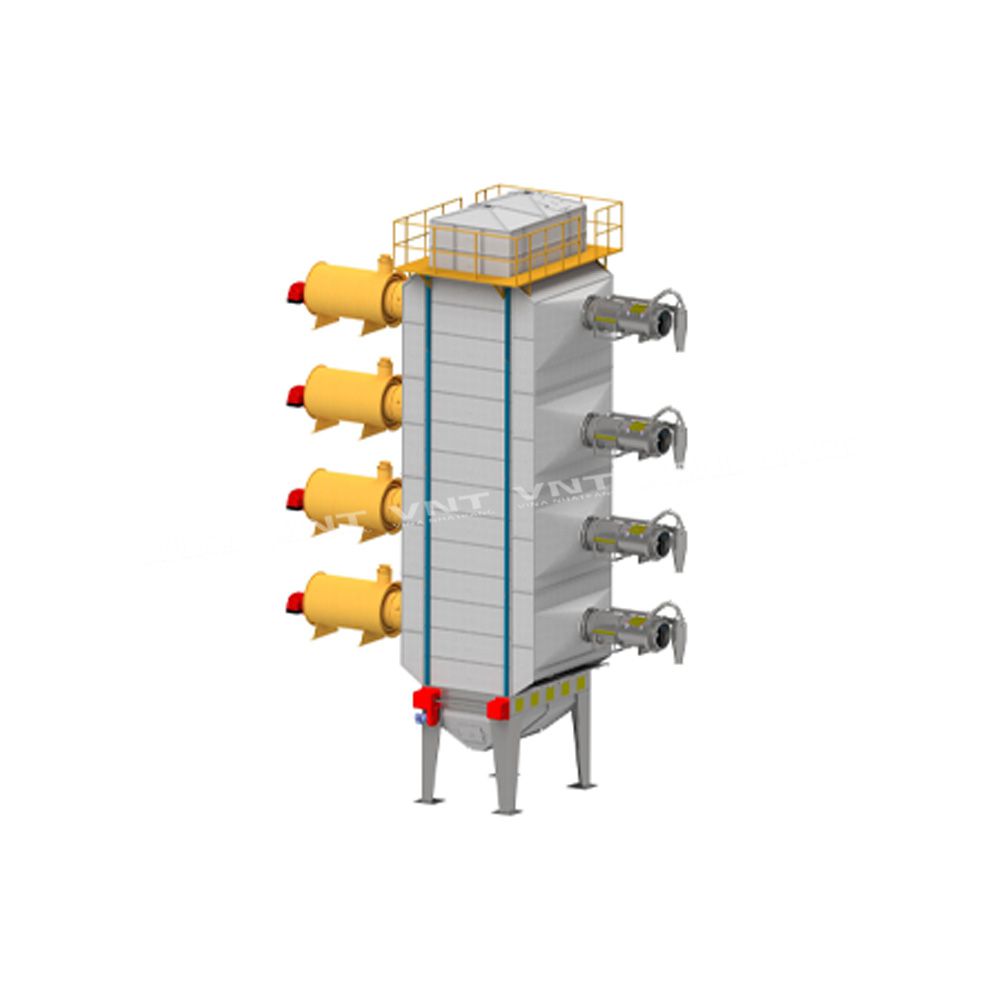Tower dryers are essential machines in various industries that require efficient drying solutions. These dryers utilize vertical structures, which maximize airflow and heat exchange, ensuring efficient moisture removal from different materials. Whether it’s for agriculture, food processing, or chemical production, the industrial applications of tower dryers are wide-ranging and crucial for improving productivity and quality.
This blog post will explore the key industrial applications of tower dryers, how they operate, their advantages, and why they are preferred in certain industries.
What is a Tower Dryer?
A tower dryer is a vertical drying system that is widely used in industrial processes to remove moisture from products. Unlike traditional horizontal dryers, tower dryers feature a tall, vertical chamber through which materials are passed. Heated air is circulated in a manner that promotes efficient moisture evaporation, and the materials often move through the dryer via gravity or forced airflow.
These dryers are designed to handle large volumes of materials at high temperatures, making them ideal for industries that require fast drying times while maintaining the integrity of the products. The vertical design allows for effective heat distribution and airflow, making the drying process more energy-efficient.
Industrial Applications of Tower Dryers
1. Agricultural Industry: Grain Drying
The agricultural industry is one of the largest beneficiaries of tower dryer technology, particularly for grain drying. After harvest, grains like corn, rice, wheat, and barley are often wet, with moisture levels that can lead to spoilage, mold growth, or loss of market value if not dried properly.
Why Tower Dryers in Grain Drying?
- Efficient Large-Scale Drying: Tower dryers are capable of processing large quantities of grains quickly and efficiently. The vertical design means more material can be dried in less space, which is particularly valuable for farms and agricultural facilities that require space efficiency.
- Even and Consistent Drying: Tower dryers provide uniform airflow and temperature control, which is critical in preventing the uneven drying of grains. Uneven drying can lead to overheating, which diminishes grain quality and market value.
- Flexibility in Moisture Control: Grains like corn require specific moisture content for optimal storage. Tower dryers are equipped with precise controls to maintain the right temperature and airflow, which allows farmers to ensure grains are dried to the desired level.
- Reduced Risk of Grain Damage: Traditional drying methods can sometimes overheat or burn grains, but tower dryers mitigate this risk by ensuring a continuous and stable drying environment.
Beyond traditional crops, tower dryers are also effective in drying specialty agricultural products like herbs and seedlings that need to be processed in bulk but with delicate moisture control.
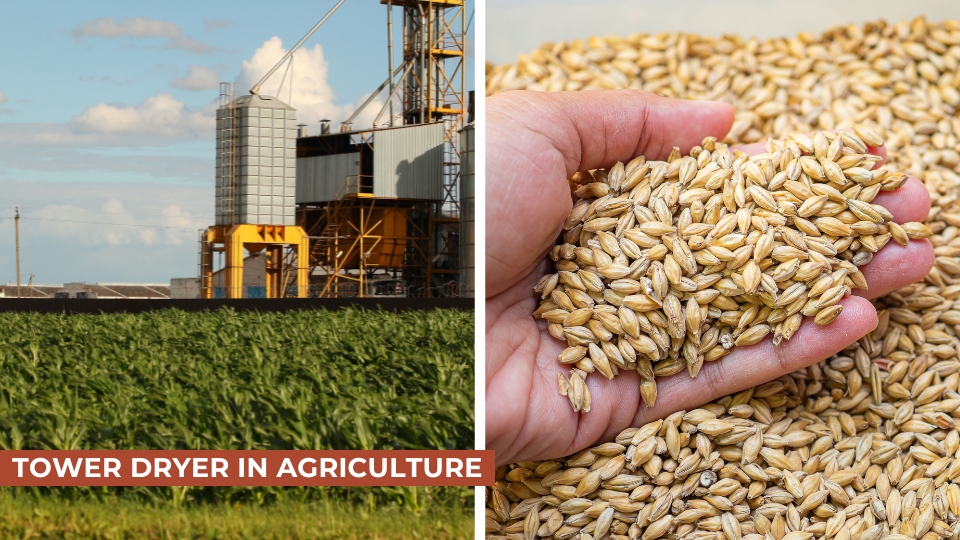
2. Food Processing Industry
The food processing industry depends on drying processes to preserve the nutritional value, taste, and appearance of food products. Tower dryers play a crucial role in drying a wide range of food items, including fruits, vegetables, spices, and meats. Drying is vital to preventing microbial growth, extending shelf life, and improving product stability during transportation.
Key Applications of Tower Dryers in Food Processing:
- Fruit and Vegetable Drying: Many fruits and vegetables require drying to be preserved for off-season use, or as dried food products such as raisins, dried apricots, or freeze-dried peas. Tower dryers provide a consistent drying process, ensuring that the texture, flavor, and nutritional content of the produce are retained while reducing spoilage.
- Herb Drying: Herbs like oregano, thyme, and basil often require precise moisture removal for optimal preservation. Tower dryers’ ability to maintain controlled heat ensures that the flavor and aroma are not compromised during drying.
- Meat and Fish Drying: Tower dryers are used in the drying of meats and fish, helping preserve the product by reducing moisture levels to a point where bacterial growth is slowed. This is especially important in the production of jerky and other dried meat products. The controlled temperature within tower dryers prevents fat from spoiling, ensuring the final product’s quality.
The food processing industry also benefits from energy savings due to the efficiency of tower dryers. Traditional food drying methods can be very energy-intensive, while tower dryers provide a more sustainable option with quicker drying times.
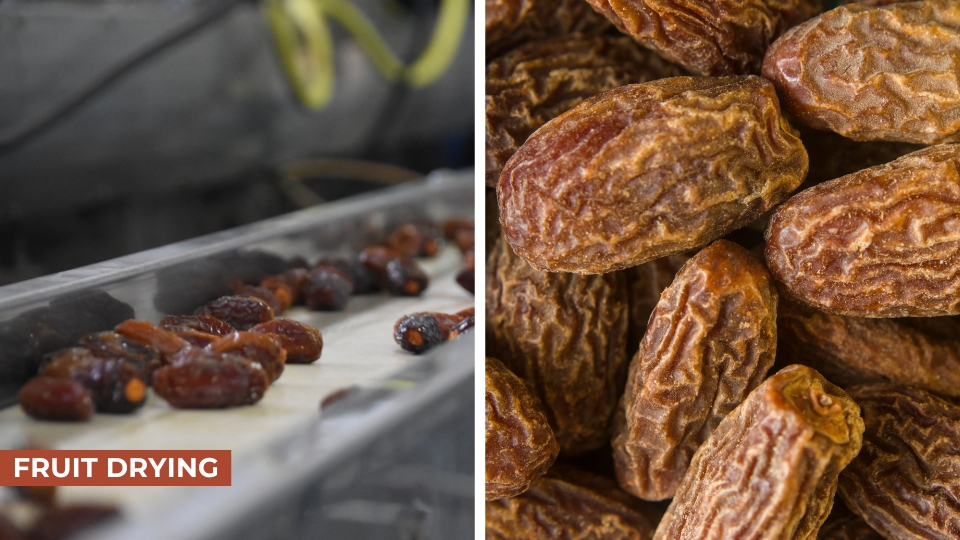
3. Chemical Manufacturing
Chemical manufacturing is another area where tower dryers are used extensively. Many chemical processes require the drying of solid powders, granular materials, and other substances that have a high moisture content. These products must be dried to specific moisture levels to ensure product quality, prevent clumping, and improve handling and transport.
Key Applications in Chemical Manufacturing:
- Pharmaceutical Drying: Pharmaceuticals often need to be dried to prevent moisture absorption, which can affect the efficacy of medicines. Tower dryers are used to dry active pharmaceutical ingredients (APIs) and drug formulations that must maintain a strict moisture content.
- Fertilizers: Fertilizer production involves drying materials like urea, ammonium nitrate, or phosphate salts. These materials need to be dried at specific temperatures to avoid degradation or moisture contamination that could affect their solubility and effectiveness when applied to crops.
- Cosmetics and Personal Care Products: Ingredients in cosmetics, such as powders or emulsions, must also undergo drying to achieve the correct consistency and stability. Tower dryers help produce the fine powders or pastes that are used in lotions, creams, and makeup products.
In the chemical industry, the drying process is often part of a larger continuous production line, and tower dryers integrate seamlessly into these systems. The precision and scalability of tower dryers make them an excellent choice for drying a wide range of sensitive chemicals.
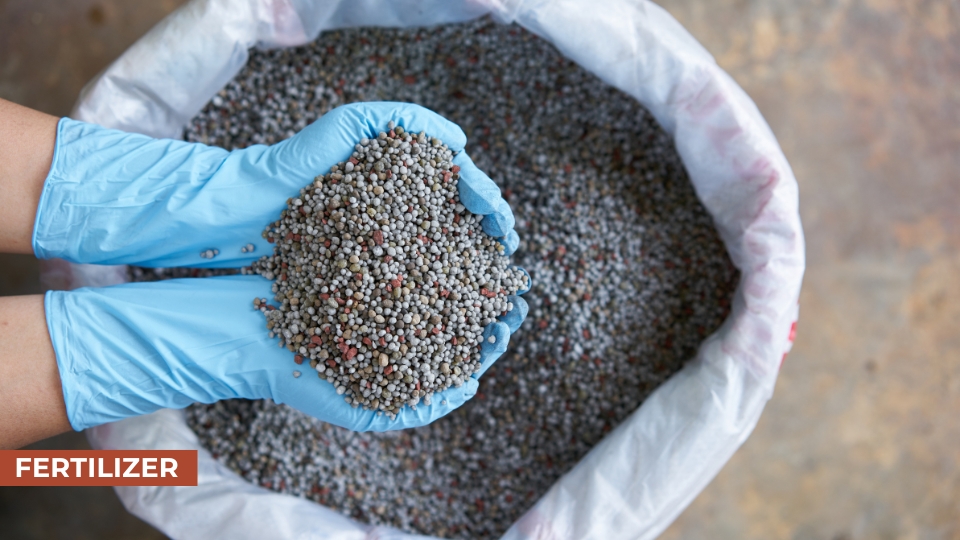
4. Paper and Pulp Industry
In the paper and pulp industry, drying is one of the most energy-intensive and time-consuming processes. After wood pulp is produced, it contains significant amounts of water that must be removed before it can be processed into paper products. Tower dryers are used to rapidly dry the paper pulp to a consistent level of moisture.
Why Tower Dryers for Paper and Pulp?
- High Throughput: Paper mills often require the drying of huge volumes of pulp. Tower dryers offer the high throughput necessary for these operations, ensuring that production lines continue to run without interruption.
- Energy Efficiency: Drying paper pulp can consume a lot of energy, but tower dryers are designed to maximize energy use through recirculation of heated air. This makes them a cost-effective solution for paper mills aiming to reduce energy consumption while maintaining drying speed.
- Better Paper Quality: Consistent drying is key to producing high-quality paper with fewer defects like wrinkles, uneven surfaces, or print quality issues. By ensuring a uniform drying process, tower dryers contribute to better-quality paper products.
Since paper production is a high-volume, continuous process, tower dryers are often integrated with other drying technologies to maintain the required speed and quality, reducing downtime and ensuring that the product is ready for the next stage of manufacturing.
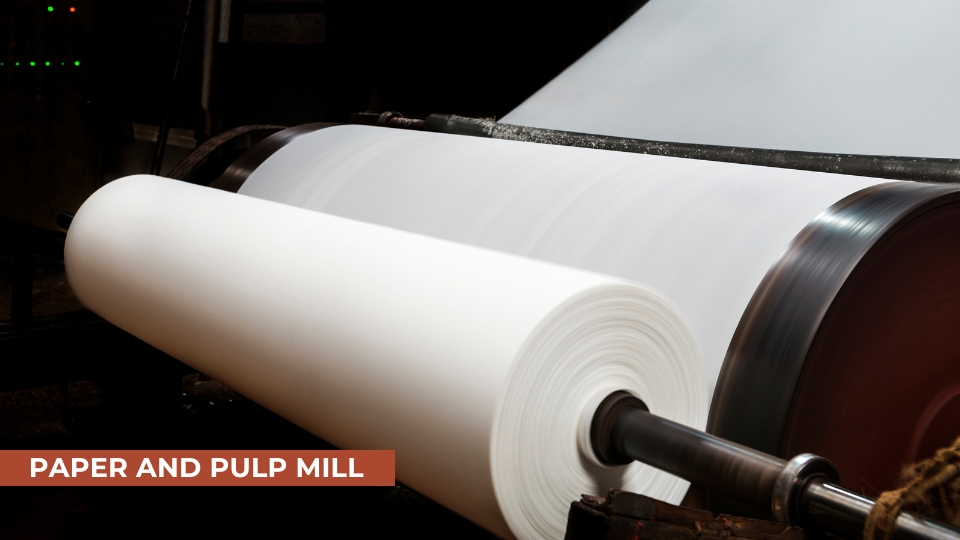
5. Biomass and Waste Processing
Tower dryers are increasingly being used in biomass and waste processing industries, where drying plays a crucial role in preparing raw materials for energy production or for reuse in other products like compost. Biomass materials such as wood chips, sawdust, rice husks, and agricultural residues contain moisture that must be removed to make them more efficient for combustion or biogas production.
Key Applications in Biomass Processing:
- Wood Pellet Production: Wood pellets, commonly used for heating and energy generation, must be made from dry wood biomass. Tower dryers are commonly used to dry wood chips to the required moisture content, making them suitable for pelletization.
- Bioenergy and Biogas: Biomass drying in tower dryers helps in preparing the material for combustion in power plants or for conversion into biogas. Drying improves the energy yield of biomass, enabling more efficient combustion and energy recovery.
- Waste-to-Energy: Waste materials, especially those from food processing or agricultural industries, often require drying before they can be converted into energy through thermal processing. Tower dryers ensure that these materials are dried to the proper level to avoid clogging and improve combustion efficiency.
In this sector, environmental benefits are significant. Efficient drying ensures that less fuel is used during combustion, reducing carbon emissions and contributing to more sustainable energy production practices.
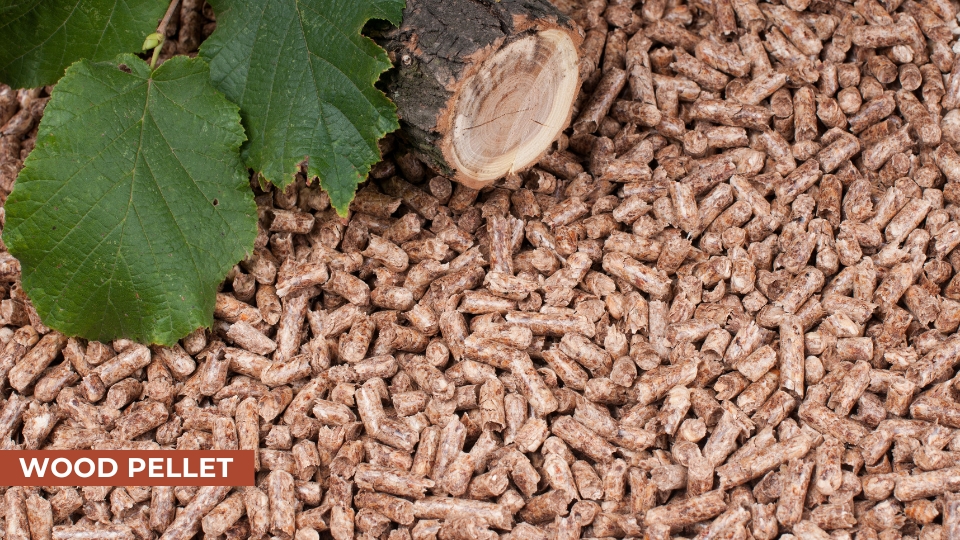
6. Textile and Fabric Industry
The textile and fabric industry is another sector where drying technology is critical. Fabrics, especially after dyeing and washing, are usually saturated with water. Tower dryers provide an efficient way to remove this moisture quickly, speeding up the manufacturing process and ensuring the fabric is ready for the next stages of production.
Why Tower Dryers for Textiles?
- Drying Large Volumes of Fabric: Tower dryers are highly efficient for drying large batches of fabric that require uniform drying. Since textiles often vary in thickness, the precision of tower dryers ensures that all materials are dried evenly.
- Energy Efficiency: In large-scale textile production, energy consumption is a significant concern. Tower dryers optimize energy use, reducing the overall drying costs in the textile industry.
- Maintain Fabric Quality: Quick and uniform drying helps prevent fabric shrinkage or damage, which is critical for maintaining the desired texture, color, and durability of the fabric.
By streamlining the drying process, tower dryers help textile manufacturers meet tight production schedules while maintaining high-quality standards.
Advantages of Tower Dryers in Industrial Applications
1. High Efficiency
Tower dryers are known for their high thermal efficiency. The vertical design allows for a more efficient exchange of heat between the drying air and the material being processed. This means that less energy is required to evaporate the moisture from the materials, leading to reduced operational costs.
2. Space-Saving Design
The vertical nature of tower dryers allows them to handle large quantities of materials in a smaller footprint. This is particularly advantageous for industries with limited floor space, such as agricultural processing facilities or food production plants. The compact design makes it easier to integrate tower dryers into existing production lines without requiring significant space adjustments.
3. Scalability
Tower dryers come in various sizes and capacities, making them scalable to meet the needs of different industries. Whether it’s a small-scale operation or a large industrial facility, there’s a tower dryer designed to meet the drying demands. Additionally, these dryers can be adapted for different materials, from grains to chemicals to biomass, providing a versatile drying solution.
4. Improved Product Quality
Tower dryers ensure consistent drying, which is crucial in industries where the quality of the end product is paramount. By providing a steady flow of heated air and preventing overheating, these dryers help maintain the integrity of the products, whether they are agricultural goods, food items, or chemicals. This leads to better-quality products with fewer defects and increased customer satisfaction.
How Do Tower Dryers Work?
Tower dryers operate based on the principles of airflow and heat exchange. The material to be dried is fed into the top of the vertical chamber, where it is exposed to a controlled flow of heated air. As the material moves down the tower, the moisture evaporates, leaving behind the dried product.
The heated air is typically generated by burners or heat exchangers. Airflow is carefully controlled to ensure even drying and to prevent clumping or overheating of the materials. In some designs, the air is recirculated to improve energy efficiency. Once the material reaches the bottom of the tower, it is removed as a dried product.
Explore more: How Tower Dryers Work?
Conclusion
Tower dryers are indispensable in a variety of industries that require efficient and reliable drying solutions. Whether it’s drying grains in agriculture, preserving food products, drying chemicals, or processing paper pulp, tower dryers play a vital role in enhancing operational efficiency and product quality. Their high efficiency, compact design, scalability, and ability to maintain product integrity make them an essential tool in modern industrial processes.
As industries continue to prioritize energy efficiency and productivity, tower dryers will remain at the forefront of drying technology. For any industry that requires large-scale drying, investing in a tower dryer is not just an option—it’s a necessity for long-term success.
If you’re looking for a reliable and high-performance tower dryer solution, check out the Tower Dryer from VinanHatrang – offerring the efficiency, scalability, and quality you need for your industrial drying needs.
Frequently Asked Questions (FAQs)
❓What industries use tower dryers?
- 💡 Tower dryers are used in a wide range of industries, including agriculture (grain drying), food processing, chemical manufacturing, paper and pulp production, and biomass processing.
❓ How do tower dryers improve energy efficiency?
- 💡 Tower dryers optimize heat exchange by using vertical airflow, which reduces the amount of energy needed to remove moisture from the materials. The design also allows for heat recirculation, further enhancing efficiency.
❓ Can tower dryers handle large volumes of material?
- 💡 Yes, tower dryers are designed to handle large volumes of material, making them suitable for both small-scale and large industrial operations.
❓ What materials can be dried using tower dryers?
- 💡 Tower dryers can be used to dry a wide variety of materials, including grains, food products, chemicals, paper pulp, and biomass.
❓Are tower dryers space-efficient?
- 💡 Yes, the vertical design of tower dryers makes them highly space-efficient, allowing them to handle large quantities of material without requiring a large floor area.
❓How do tower dryers maintain product quality?
- 💡 Tower dryers provide consistent heat and airflow, ensuring uniform drying. This prevents overheating or under-drying, which could negatively affect the quality of the product.
